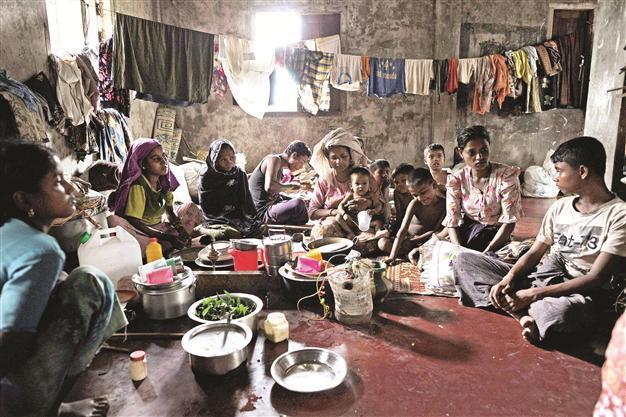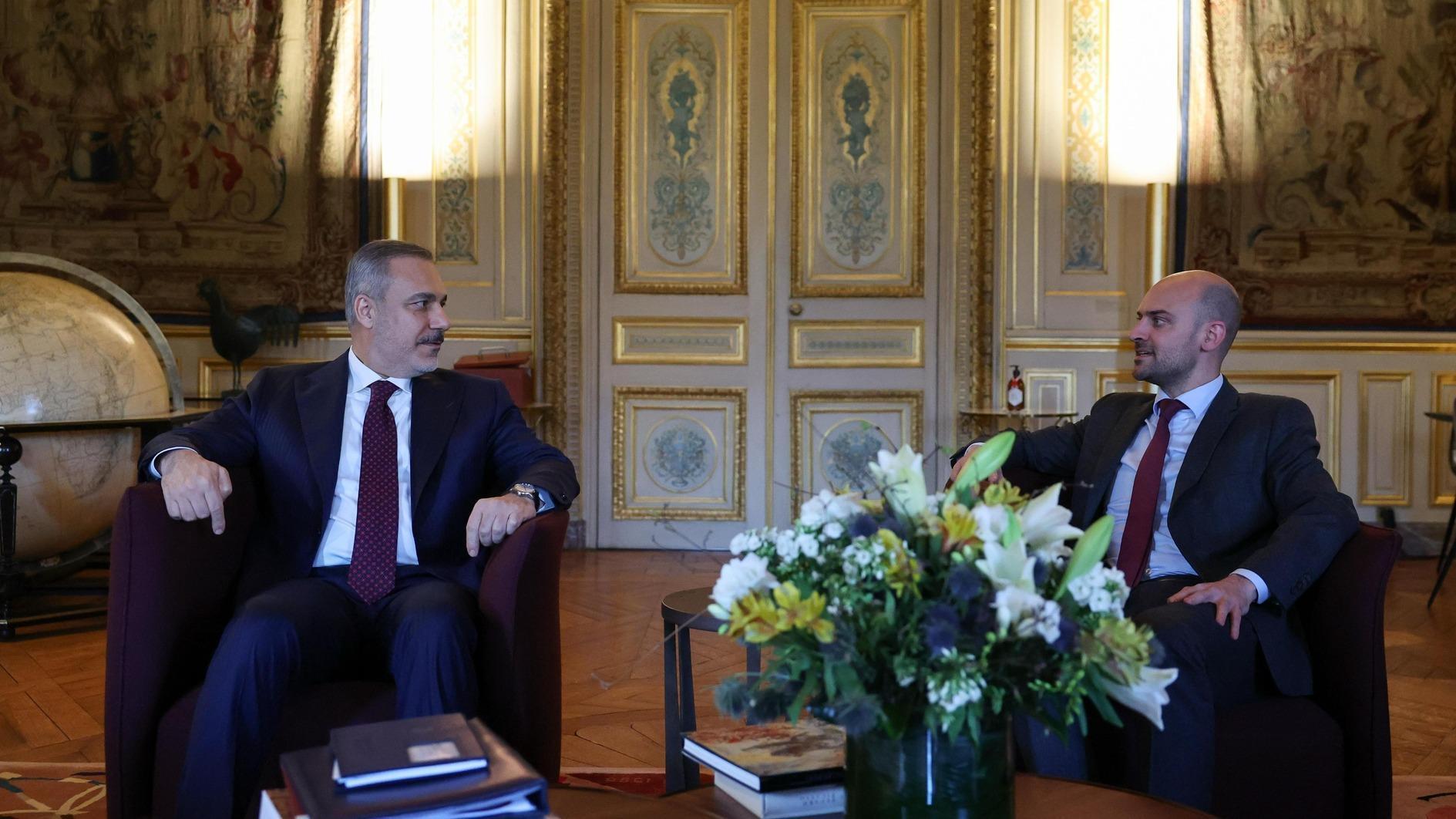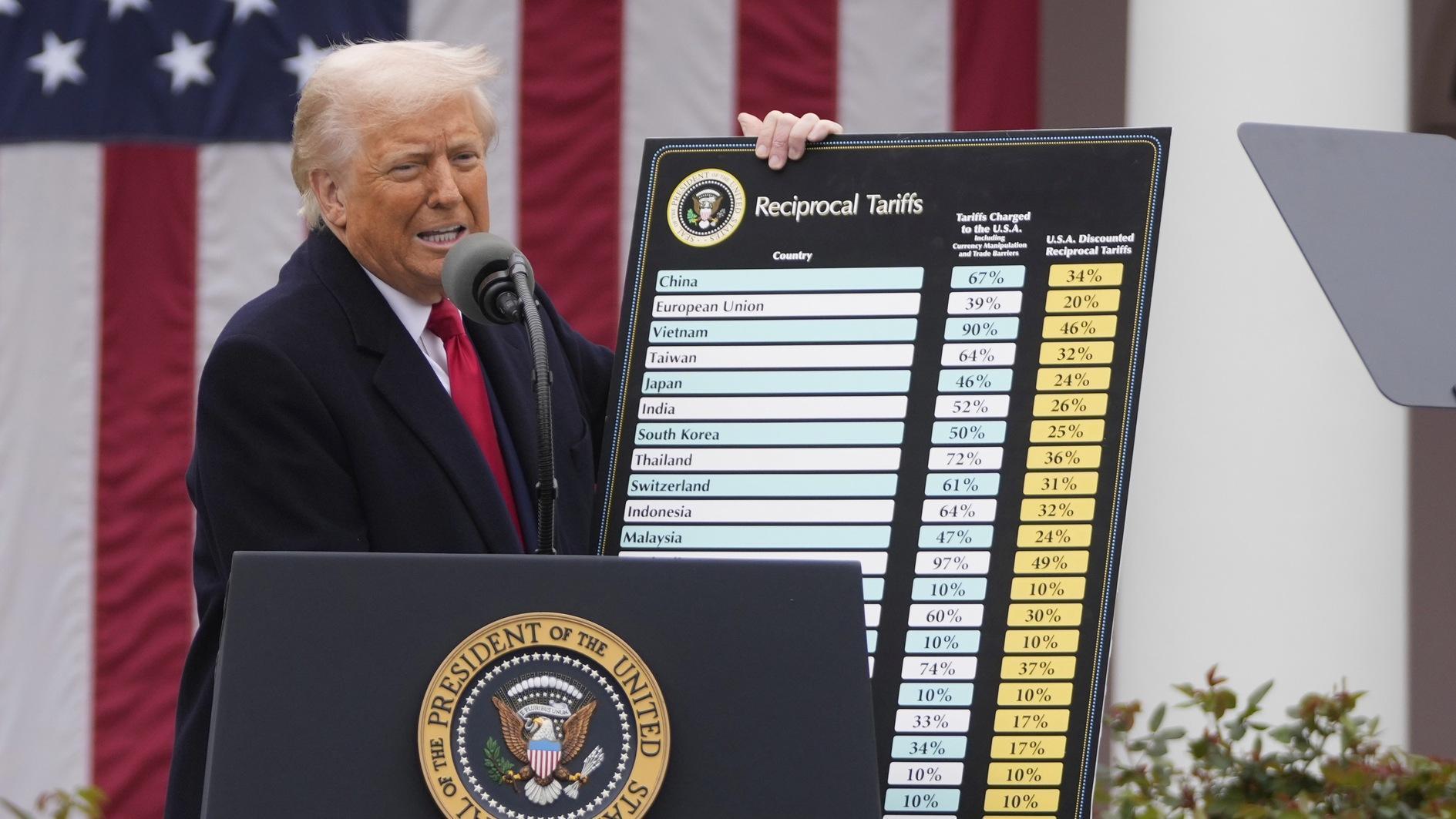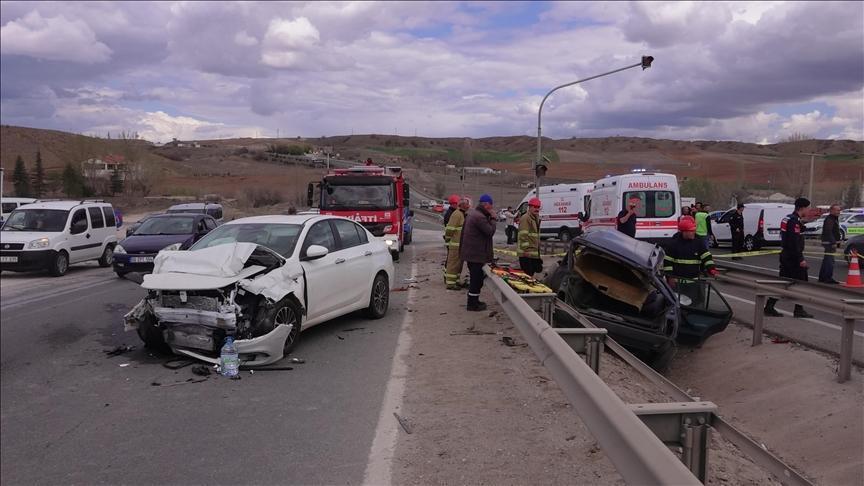Myanmar violence mounts
SITTWE, Myanmar

Muslim Rohingyas shelter at an Islamic school for Internally Displaced Persons (IDP) located on the outskirts of Sittwe, capital of Myanmar’s western Rakhine state. At least 112 people have been killed in recent clashes. AFP photo
The death toll from recent ethnic violence in Myanmar’s western state of Rakhine has surpassed 100 as the government warned that the strife risks harming the country’s reputation as it seeks to instill democratic rule.Rakhine state spokesman Win Myaing said 112 people had been killed in clashes that began last weekend between members of the Buddhist Rakhine and the Muslim Rohingya communities. The dead were from both sides, he added, while scores more were wounded as violence engulfed four townships. He said 72 people were reported injured, including 10 children. The government announced earlier that almost 2,000 homes had been burned down in the conflict.
In June, ethnic violence in the state left at least 90 people dead and destroyed more than 3,000 homes. About 75,000 have been living in refugee camps ever since. The mob violence has seen entire villages torched and has drawn calls worldwide for government intervention.
“As the international community is closely watching Myanmar’s democratic transition, such unrest could tarnish the image of the country,” said a statement from the office of President Thein Sein, who took office as an elected president last year, and has instituted economic and political liberalization after almost half a century of repressive military rule.
“The army, police, and authorities in cooperation with local people will try to restore peace and stability and will take legal action against any individual or organization that is trying to instigate the unrest,” the statement warned.
The long-brewing conflict is rooted in a dispute over the Muslim residents’ origin. Although many Rohingya have lived in Myanmar for generations, they are widely denigrated as intruders who came from neighboring Bangladesh to steal scarce land.
The U.N. estimates their population in Myanmar at 800,000. But the government does not count them as one of the country’s 135 ethnic groups, and so, like neighboring Bangladesh, denies them citizenship. Human rights groups say racism also plays a role.
Call from Turkey
International calls to stop the violence have also been growing. Turkey called on the government to take required measures to stop the clashes and expressed sorrow over the death of people during clashes.
A statement issued by the office of U.N. Secretary-General Ban Ki-moon described the latest violence as “deeply troubling.” He called on Myanmar authorities “to take urgent and effective action to bring under control all cases of lawlessness.”
“The vigilante attacks, targeted threats and extremist rhetoric must be stopped. If this is not done, the fabric of social order could be irreparably damaged and the reform and opening up process being currently pursued by the government is likely to be jeopardized,” said Ban.
In Washington, State Department spokeswoman Victoria Nuland said the U.S. was deeply concerned about the reports and urged restraint.
The crisis has proven a major challenge to the government and to opposition leader and Nobel Laureate Aung San Suu Kyi, who has been criticized by some outsiders for failing to speak out strongly against what they see as repression of the Rohingya.
















